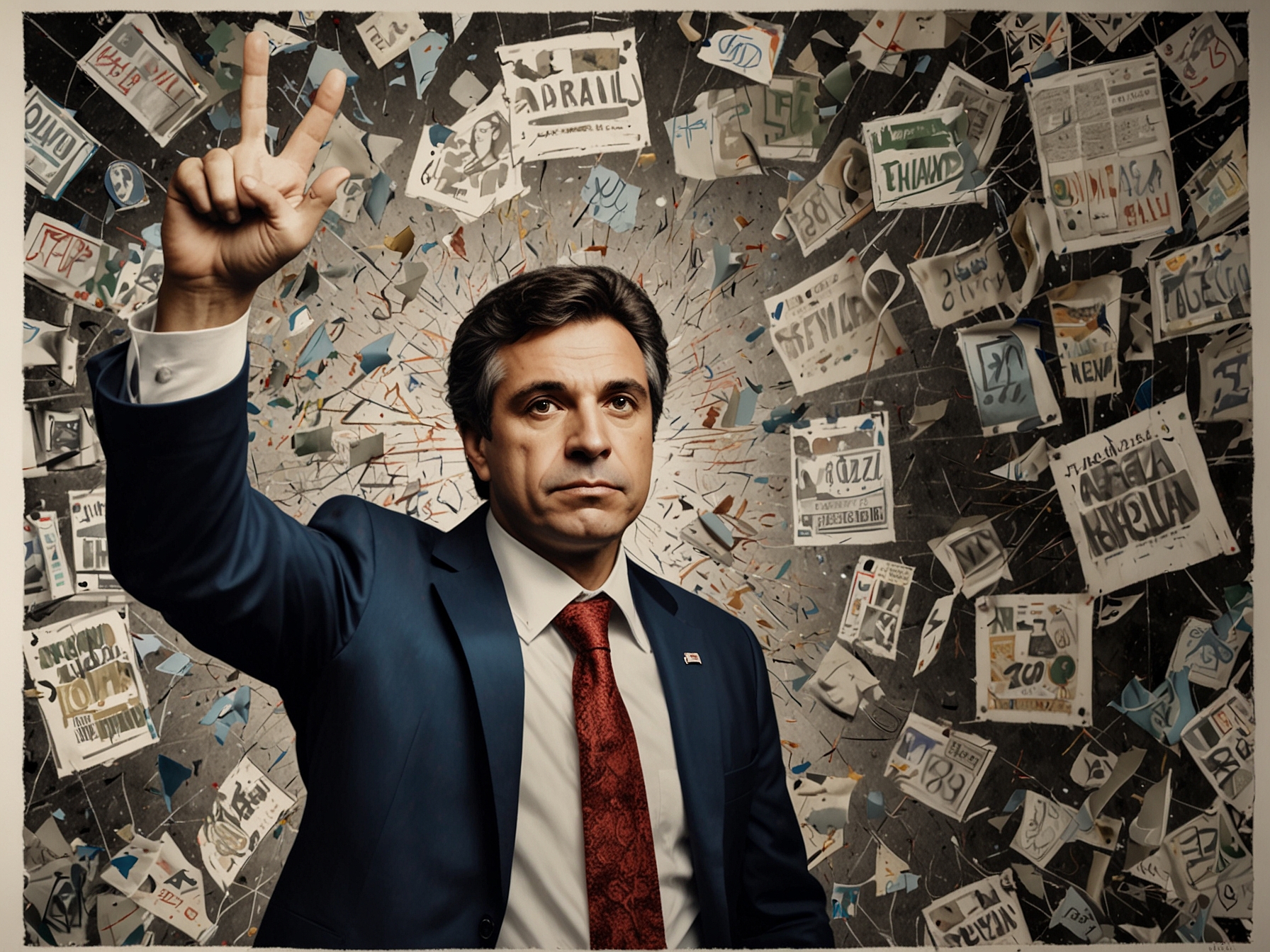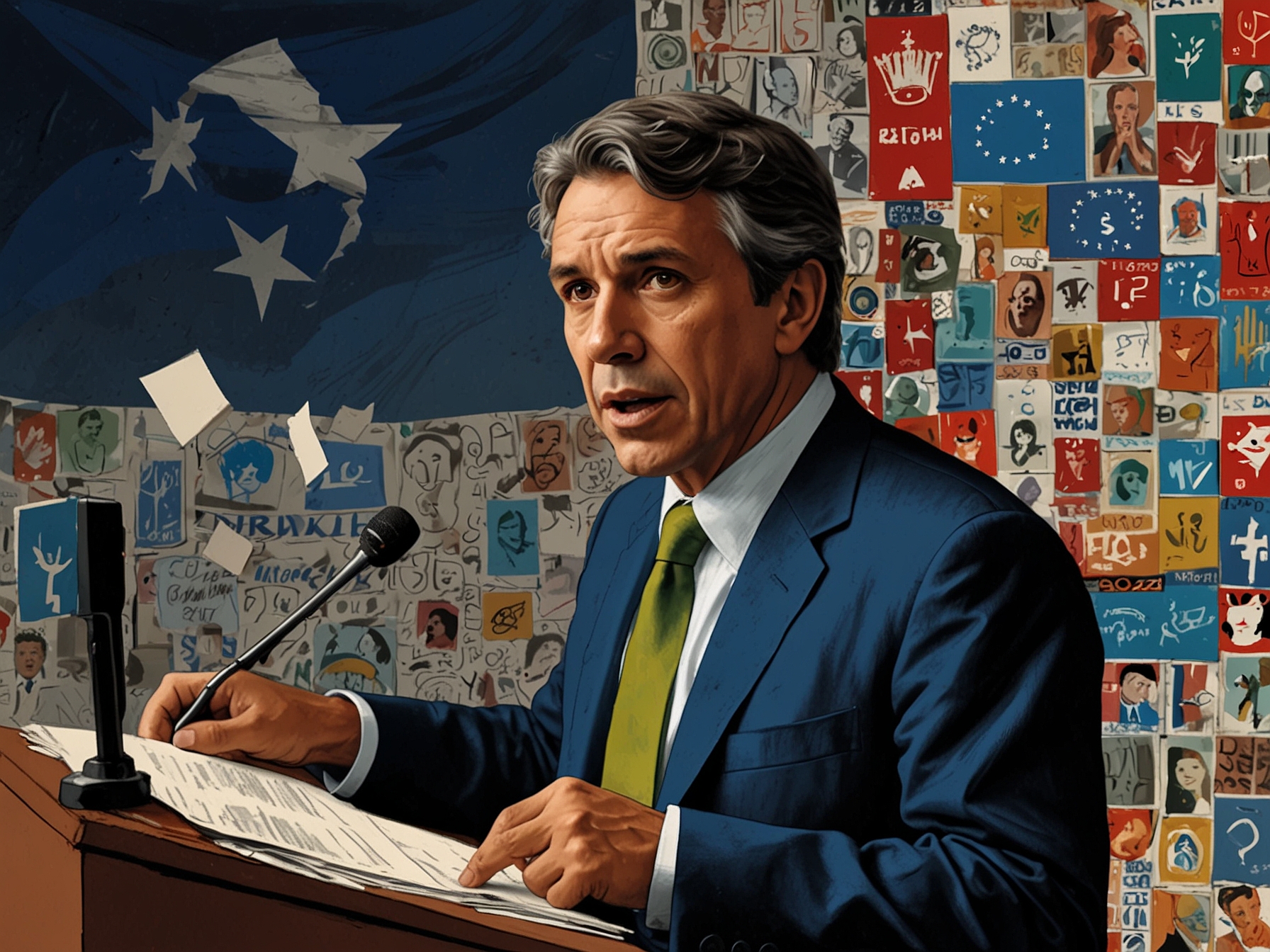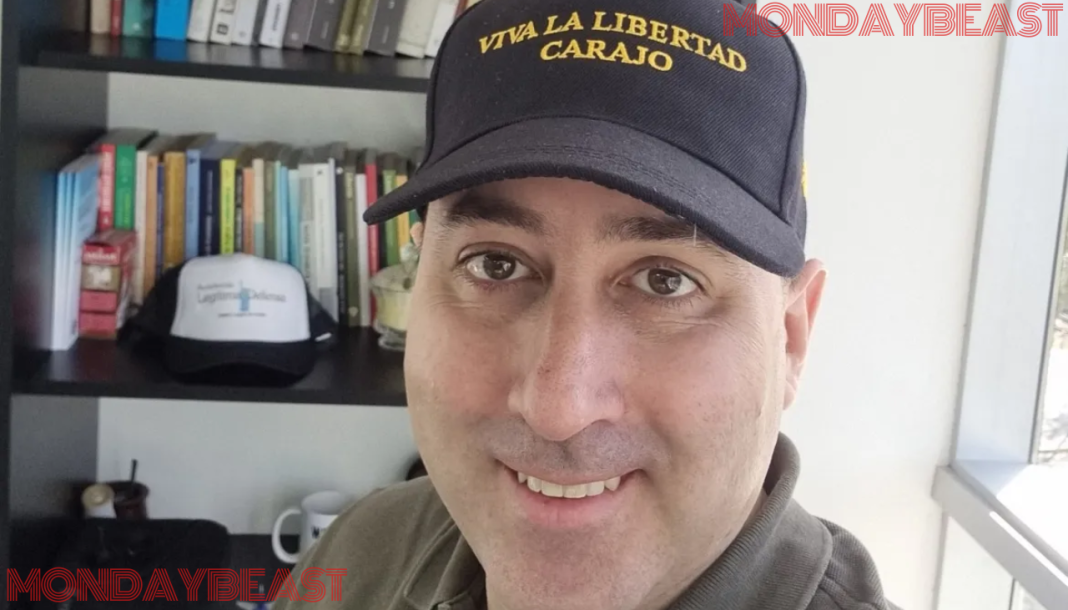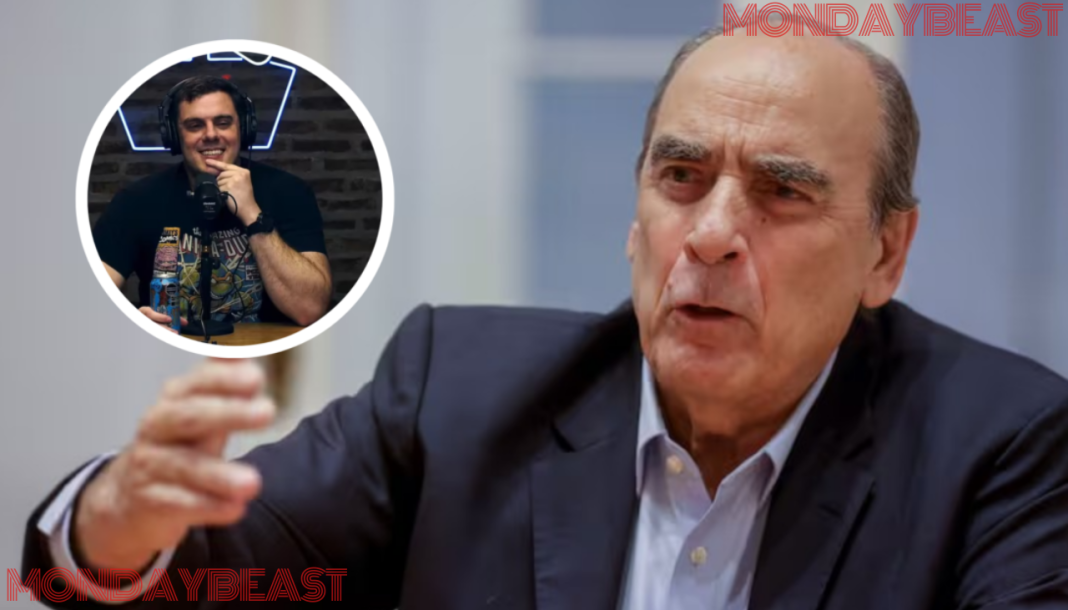The recent investigation into Fernando Cerimedo paints a complex portrait of a man entwined with both power and controversy. Have you ever wondered how individuals can significantly influence political landscapes? Cerimedo’s story offers a chilling glimpse into this reality, particularly in the face of rising tensions in Latin America.

With ties to the Bolsonaros, Cerimedo emerged in November 2022. He became infamous for alleging widespread election fraud in Brazil. This claim was sensationalized in a live broadcast, captivating many, yet ultimately dismissed by the Tribunal Superior Eleitoral. It raised eyebrows: how do baseless allegations shape public perception?
In 2023, Cerimedo shifted his gaze southward, now a digital strategist for Javier Milei, Argentina’s right-wing president. His methods echo the tactics he used in Brazil. Digital manipulation and misinformation are his trademarks. One can’t help but feel uneasy about how such strategies prey on our emotions and beliefs, especially among young voters.

Let’s take a step back to examine the wider implications. Cerimedo’s connection with Eduardo Bolsonaro, son of former President Jair Bolsonaro, reveals an intricate web of political alliances. His desire to sustain Bolsonaro’s influence hints at a coordinated effort against democracy itself. The suggestion that military cooperation was involved sends shivers down one’s spine. How can we trust the very institutions meant to uphold our democratic processes?
Social media turned into a battleground during Cerimedo’s campaigns. Particularly potent on TikTok, he embraces “trolls” to propel negative narratives against his opponents. This strategy is alarming, especially for a generation that finds information at a swipe of a finger. Are we too desensitized to recognize when we’re being played?

Critics argue that such aggressive campaigning only deepens political divides. While Cerimedo may appeal to his base, what are the long-term ramifications of such divisive tactics? In Argentina, he successfully attracted young voters to Milei’s cause, using methods that blur ethical lines. Can we continue to overlook the morality behind digital campaign strategies?
As the dust settles from this investigation, one question remains: where do we go from here? Fernando Cerimedo’s profile reveals a complex interplay of ambition, manipulation, and political influence. For many, his actions represent a cautionary tale about the fragility of democracy. What lessons can we glean from his story? As we engage in dialogues about the future of politics, let’s not forget to question the motives of those seeking power.




